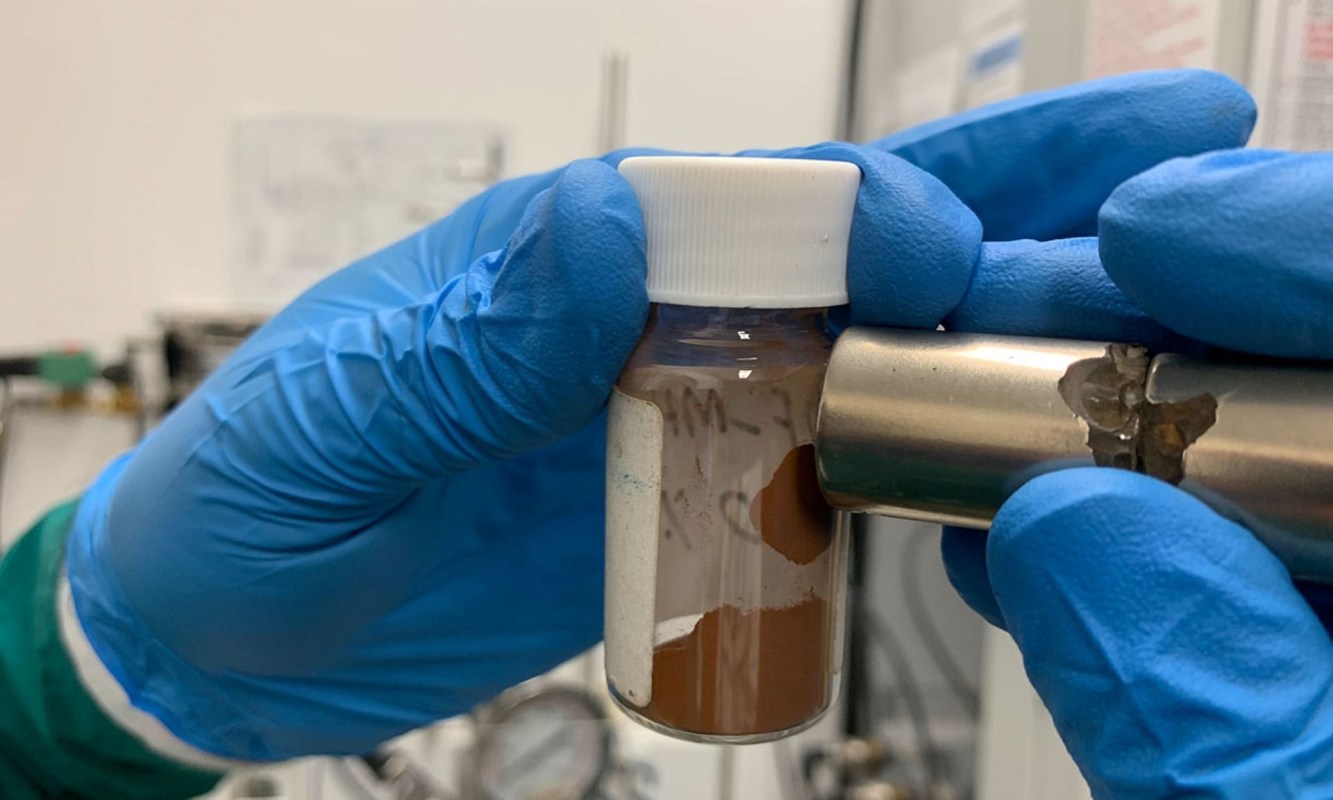Because synthetic plastic is a human-made material, it does not break down organically. It does break down, however, and the tiny particles that it breaks down into are known as microplastics.
Microplastics now exist everywhere on Earth — from deep in the oceans to inside wildlife and even in our own bodies.
Microplastics are potentially very damaging to the environment, and what's worse, they are so small and omnipresent that they are nearly impossible to clean up.
Scientists are hard at work figuring out ways around that problem — and one team of scientists in Melbourne, Australia, may have come up with the best one yet.
Professor Nicky Eshtiaghi, lead researcher at RMIT University, and her colleagues have created a magnetic nano-pillared adsorbent that can remove smaller microplastics at a much faster rate than any currently existing technologies.
The adsorbent takes the form of a powder additive, which is added to water and attracts microplastics and dissolved pollutants. "This whole process takes one hour, compared to other inventions taking days," says Ph.D. candidate Muhammad Haris, the study's first author.
It can also "remove microplastics that are 1,000 times smaller than those that are currently detectable by existing wastewater treatment plants," according to Eshtiaghi.
"The results suggest a promising pathway to addressing the removal of mixed contaminants from water in a single process and highlighting its potential in resolving critical industrial and domestic wastewater treatment," the team's study abstract reads.
Even better, the material itself is cheap and sustainable — and it creates no secondary pollutants or additional carbon footprint.
Previously technological breakthroughs that could clean up microplastics include one that uses egg whites and another involving plastic-eating robotic fish.
Eshtiaghi and her team at RMIT University are currently hoping that their nano-pillared adsorbent can be used by wastewater treatment plants to more efficiently and thoroughly clean their water, and they are on the hunt for industrial partners to help make that happen.
Join our free newsletter for weekly updates on the coolest innovations improving our lives and saving our planet.









